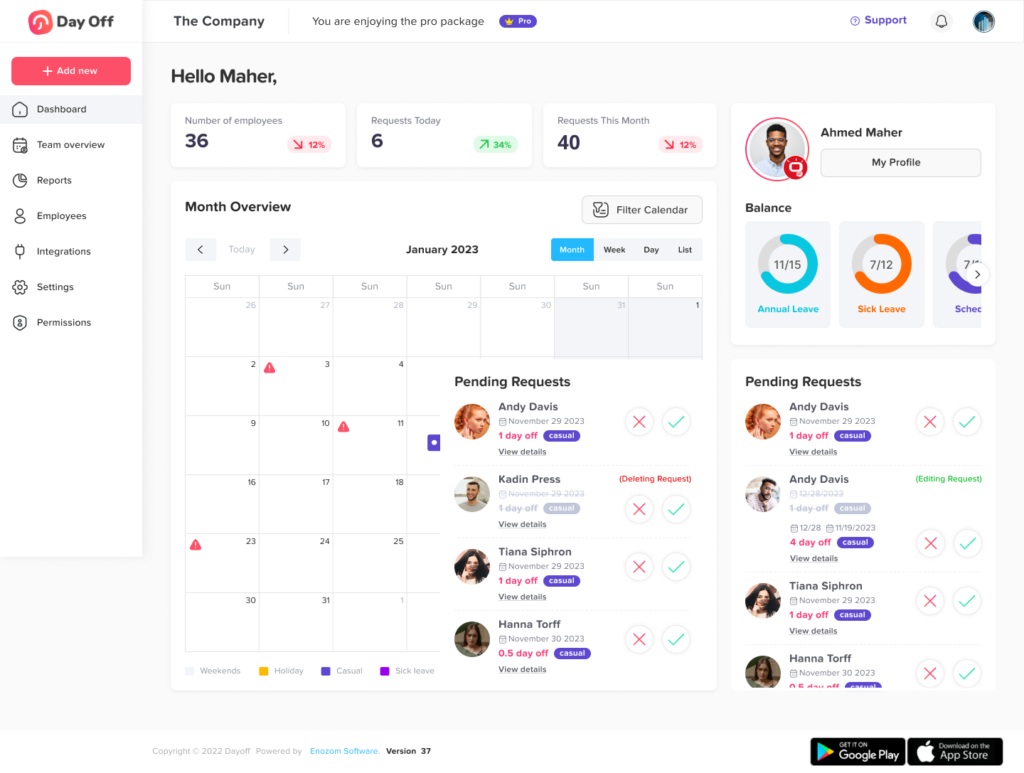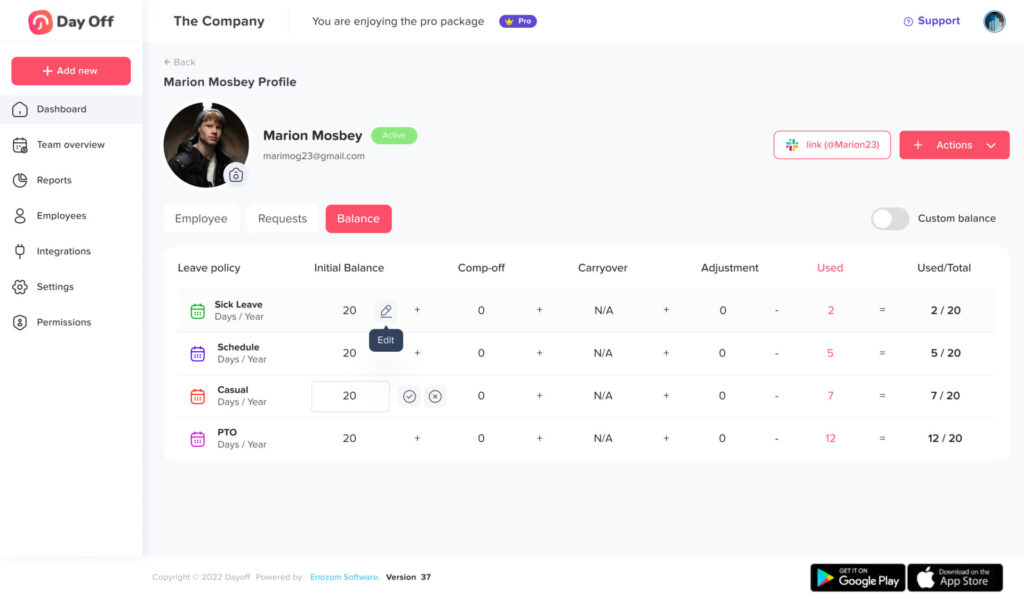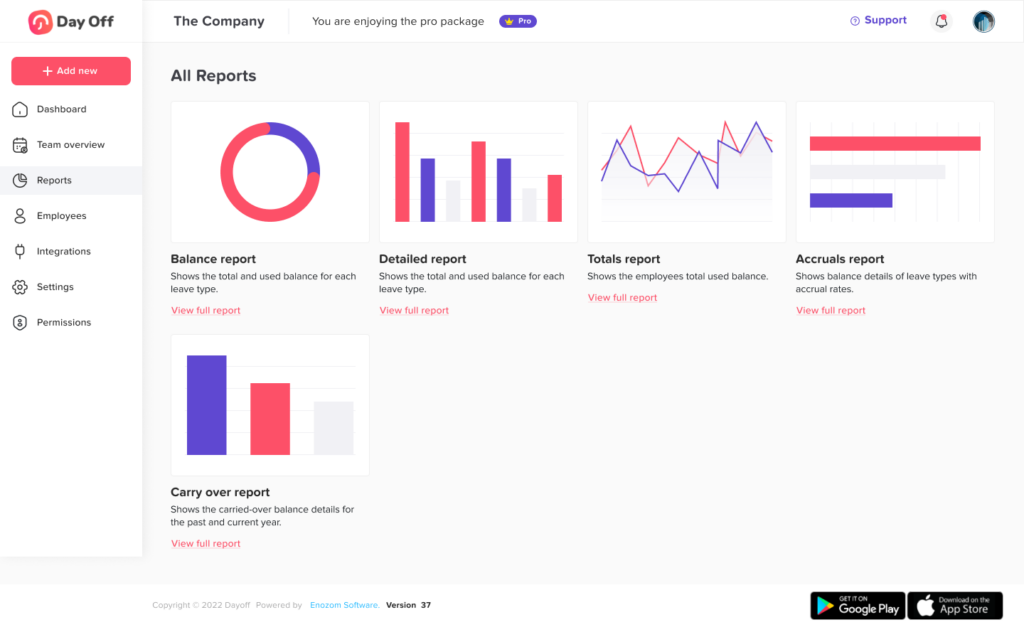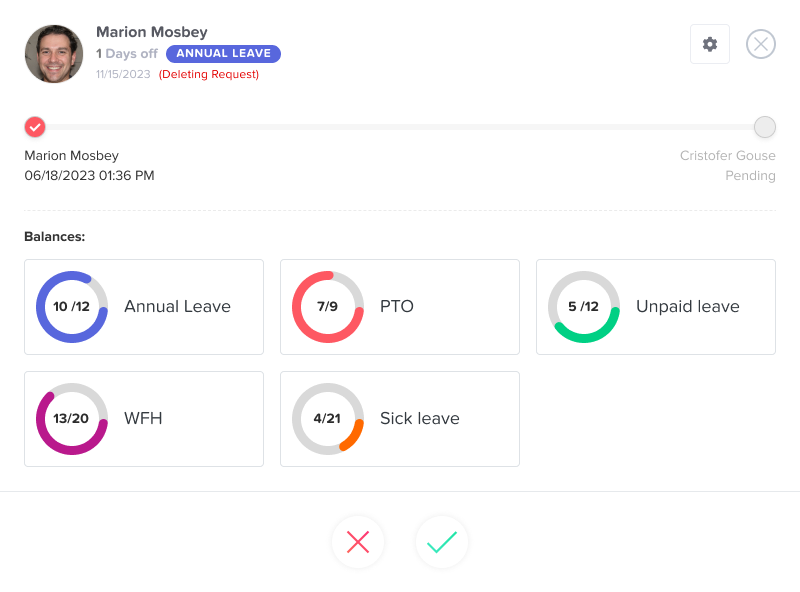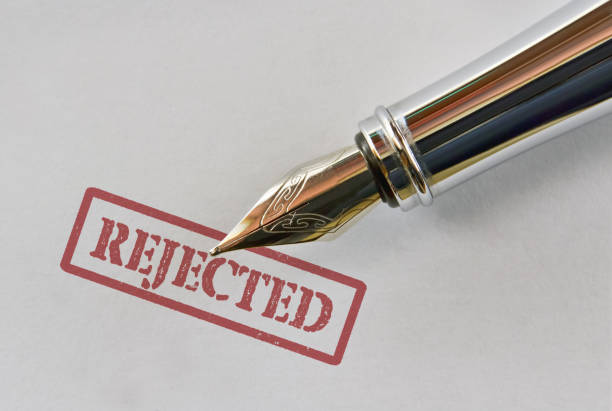One of the key challenges for HR professionals and leaders is effectively managing and integrating a multi-generational workforce. With up to five generations currently active in the workplace, from Traditionalists and Baby Boomers to Generation Z, understanding and harnessing the strengths of each group is crucial for fostering a productive and harmonious work environment. This article delves into strategies for effective communication, understanding different motivational drivers, and leveraging the diverse strengths of each generation.
Understanding the Generational Landscape
First, it’s essential to recognize the unique characteristics and experiences that define each generation:
- Traditionalists (born before 1946): Often valued for their strong work ethic and loyalty, they prefer formal, hierarchical workplace structures.
- Baby Boomers (1946-1964): Known for their competitive nature and resourcefulness, they tend to value recognition and personal accomplishment.
- Generation X (1965-1980): Generally independent, resourceful, and skeptical of authority, they value work-life balance and are adept at self-direction.
- Millennials (1981-1996): Tech-savvy, valuing collaboration and social responsibility, they seek purpose and rapid advancement in their careers.
- Generation Z (1997-present): Digital natives who are entrepreneurial, inclusive, and eager for innovation, they look for stability and opportunities for learning.
Effective Communication Strategies
Communication is key in a multi-generational workplace. Here are some strategies to bridge the generational divide:
- Leverage Technology Wisely: Utilize a mix of communication tools that cater to different preferences, from traditional emails and phone calls to instant messaging and social media platforms.
- Encourage Cross-Generational Mentoring: Pairing younger employees with more experienced colleagues can facilitate knowledge sharing and mutual understanding.
- Promote Inclusive Meetings: Use a combination of in-person and virtual meetings, encourage participation from all generations, and consider using an AI meeting notetaker to make sure everyone stays engaged without worrying about taking notes.
Understanding Motivational Drivers
Each generation has different motivational drivers, and understanding these can help in tailoring management approaches:
- Recognition and Stability for Older Generations: Traditionalists and Baby Boomers often appreciate recognition for their experience and prefer stability in their roles.
- Autonomy and Flexibility for Generation X: Offering flexible work arrangements can be a significant motivator for this generation.
- Purpose and Progression for Younger Generations: Millennials and Generation Z are often driven by a sense of purpose in their work and opportunities for rapid career progression.
Leveraging Strengths
Each generation brings unique strengths to the table:
- Experience and Leadership from Older Generations: Traditionalists and Baby Boomers can offer wisdom, leadership, and a deep understanding of the industry.
- Adaptability and Tech-Savviness from Younger Generations: Millennials and Generation Z can contribute fresh perspectives, tech skills, and adaptability to changing trends.
- Balanced Perspective from Generation X: Often seen as the bridge between the older and younger generations, Gen Xers can offer a balanced perspective and are often skilled in mediation.
Fostering a Culture of Respect and Learning
Creating an environment where each generation feels valued and understood is essential:
- Respect Different Work Styles: Acknowledge and respect the different approaches and work styles of each generation.
- Encourage Lifelong Learning: Promote a culture where employees of all ages are encouraged to learn from each other.
- Celebrate Diversity: Regularly acknowledge and celebrate the diverse perspectives and experiences that each generation brings to the workplace.
Global Perspective:
The dynamics of a multi-generational workforce can vary significantly across different cultural landscapes. For instance, while Baby Boomers in North America might value individual achievement and autonomy, their counterparts in Asia might place a higher emphasis on respect for hierarchy and collective success due to varying socio-economic backgrounds and cultural values. Global organizations must recognize and adapt to these cultural nuances to effectively manage a diverse, multi-generational workforce.
Diverse International Case Studies
Let’s take a closer look at how companies across the globe address multi-generational challenges:
- In Japan, companies often emphasize respect for seniority and experience, aligning well with the values of Traditionalists and Baby Boomers. They integrate younger generations by gradually introducing technology and innovation-focused roles, creating a blend of tradition and modernity.
- A tech startup in Brazil showcases a different approach. With a workforce ranging from Millennials to Baby Boomers, they focus on fostering a collaborative and flexible work culture. They use technology as a unifier, with all generations embracing digital tools for communication and project management.
These examples demonstrate how understanding and adapting to local cultural contexts is key to successful multi-generational integration in the workplace.
Navigating Global Trends and Local Impacts
Global trends, such as the rise of remote work and the digital economy, impact generations differently around the world. In Europe, for instance, the gig economy is attracting not only tech-savvy Millennials and Gen Zers but also Baby Boomers seeking flexible work post-retirement. Including the desire for more personal time and a Day Off, this shift challenges traditional European work norms and requires companies to adapt their engagement and management strategies across generations.
Effective Cross-Cultural Communication Strategies
Effective communication in a culturally diverse, multi-generational workplace is critical. Cultural competence, the ability to understand, communicate with, and effectively interact with people across cultures, is essential. For instance, while direct communication might be appreciated in Western cultures, in many Asian cultures, indirect communication styles are often more respected, especially when addressing senior colleagues.
Learning from Global Practices
There’s much to learn from how different countries manage their multi-generational workforces. In Germany, for instance, apprenticeship programs that mix young and older workers have been successful in facilitating intergenerational learning and collaboration. Such models could be inspirational for companies in other countries looking to bridge generational gaps.
Addressing Global Challenges
Managing a multi-generational workforce in a global context comes with unique challenges such as language barriers, different communication styles, and varied expectations around work-life balance. For instance, while Generation X employees in the U.S. may prioritize work-life balance, their counterparts in South Korea might be more accustomed to longer working hours.
Frequently Asked Questions (FAQ): Managing a Multi-Generational Workforce
Why is managing a multi-generational workforce important for organizations today?
Managing a multi-generational workforce is essential because it directly impacts productivity, collaboration, and innovation. Each generation brings unique experiences, expectations, and working styles. When managed effectively, this diversity fosters creativity, stronger problem-solving, and a well-rounded organizational culture. Conversely, neglecting these differences can lead to misunderstandings, disengagement, and talent attrition.
What are the main challenges of a multi-generational workplace?
Common challenges include communication gaps, differing values around work-life balance, varying technological adaptability, and contrasting attitudes toward hierarchy and authority. For instance, Baby Boomers may prefer structured communication and stability, while Millennials and Gen Z employees often expect flexibility and fast-paced feedback. HR leaders must bridge these differences through empathy, inclusion, and tailored management approaches.
How can HR professionals promote harmony among different generations?
Promoting harmony starts with cultivating mutual respect and understanding. HR can organize cross-generational workshops, mentorship programs, and team-building exercises that highlight shared goals and complementary strengths. It’s also vital to establish inclusive policies and communication practices that value every voice, regardless of age or seniority. When all generations feel heard and respected, collaboration naturally strengthens.
How do generational differences impact communication styles?
Each generation tends to favor different communication methods. Traditionalists and Baby Boomers may value face-to-face meetings or formal emails, while Gen X prefers concise digital communication, and Millennials and Gen Z are comfortable with instant messaging tools like Slack or Microsoft Teams. The best approach is a blended communication strategy, using multiple channels to meet varied preferences while maintaining clarity and consistency across the organization.
What role does technology play in bridging generational gaps?
Technology is both a bridge and a challenge in multi-generational workplaces. While younger employees are digital natives, older generations may need more time or support to adapt to new tools. HR departments should promote inclusive digital adoption by providing hands-on training, user-friendly tools, and peer support systems. When technology becomes accessible and intuitive, it connects generations rather than dividing them.
How can companies motivate employees from different generations?
Motivation is not one-size-fits-all.
-
Traditionalists and Baby Boomers value recognition, job stability, and respect for their expertise.
-
Generation X seeks independence, flexibility, and trust in their ability to self-manage.
-
Millennials and Gen Z prioritize purpose, growth, innovation, and a sense of belonging.
Managers can motivate diverse teams by offering a mix of recognition, flexibility, and meaningful work, ensuring that everyone finds personal fulfillment in their role.
How does workplace flexibility affect generational engagement?
Flexibility is highly valued across generations but for different reasons. Millennials and Gen Z appreciate flexible schedules for personal development and work-life balance. Generation X values flexibility to balance family and professional commitments. Even Baby Boomers nearing retirement often seek part-time or consultancy options. Offering flexible work arrangements, remote work, hybrid schedules, or compressed weeks, supports engagement and retention across all age groups.
What is the role of mentorship in a multi-generational organization?
Mentorship is a powerful bridge between generations. Reverse mentorship programs, where younger employees mentor older colleagues on digital tools or emerging trends, foster mutual respect and learning. Conversely, traditional mentorship allows senior employees to share institutional knowledge and leadership experience. A well-designed mentorship culture creates two-way growth and strengthens intergenerational bonds.
How can organizations prevent generational stereotypes from creating division?
Stereotypes, like assuming Gen Z lacks loyalty or Boomers resist change, are harmful and often inaccurate. HR must actively challenge these assumptions through awareness training, open dialogue, and inclusive policies. Encouraging teams to focus on shared values, goals, and results rather than age-based assumptions helps eliminate bias and promotes unity.
How do cultural differences influence generational dynamics globally?
Generational values are shaped by cultural and economic factors. For instance, in Western countries, independence and self-expression are often emphasized, while in many Asian or Middle Eastern contexts, hierarchy and collective harmony remain central. Global organizations must adapt their engagement strategies to reflect both generational and cultural nuances, ensuring that policies resonate locally while maintaining global consistency.
How do remote and hybrid work models affect multi-generational teams?
Remote and hybrid work arrangements can amplify generational differences if not managed thoughtfully. Younger employees may thrive in digital-first environments, while older workers might feel disconnected without in-person collaboration. The key is to combine digital collaboration tools with regular personal interactions, such as virtual coffee chats, team check-ins, and hybrid meetings. This approach balances autonomy with connection.
What leadership styles work best in a multi-generational workforce?
Effective leaders today adopt a situational leadership style, adjusting their approach based on individual preferences and generational traits. They combine empathy, flexibility, and transparency with strong communication skills. The best leaders listen actively, offer autonomy where possible, and provide mentorship and guidance where needed. Above all, they treat generational diversity as a strategic advantage rather than a challenge.
How can HR policies be designed to support generational diversity?
HR policies should prioritize inclusivity and flexibility. Examples include:
-
Multiple leave and PTO options to suit diverse life stages (e.g., parental, caregiving, or sabbatical leave).
-
Continuous learning programs for upskilling employees of all ages.
-
Recognition programs that celebrate different forms of contribution.
When policies reflect the evolving needs of all generations, organizations become more equitable and adaptable.
How can organizations leverage generational strengths for innovation?
Innovation flourishes when different perspectives intersect. Older generations contribute strategic foresight, discipline, and industry knowledge, while younger ones bring creativity, digital fluency, and risk-taking. Encouraging cross-generational collaboration on projects, brainstorming sessions, and innovation labs allows these strengths to complement one another, producing richer ideas and faster problem-solving.
What role does continuous learning play in multi-generational integration?
Lifelong learning is the great equalizer among generations. By offering professional development programs, digital upskilling, and leadership training for all employees, organizations foster a growth mindset across age groups. This not only enhances productivity but also ensures that every generation stays relevant in an evolving business landscape.
How can global organizations adapt to generational differences across regions?
Global organizations should adopt a glocal approach, balancing global consistency with local customization. While corporate values and leadership frameworks remain constant, implementation should reflect regional norms. For example, reward structures, feedback styles, and communication methods can be localized to align with cultural expectations while maintaining overall brand integrity.
How does generational diversity impact employee retention?
Employees who feel understood, respected, and valued for their unique perspectives are more likely to stay. Tailoring engagement strategies to generational needs, such as mentorship for younger workers, flexibility for mid-career professionals, and legacy projects for older employees, creates a sense of belonging and long-term commitment.
What steps can managers take to build intergenerational trust?
Managers can build trust by fostering open dialogue and shared accountability. Encourage feedback in both directions, junior to senior and vice versa. Celebrate collective wins and highlight how different age groups contributed. When employees see their contributions recognized regardless of age, it strengthens unity and collaboration.
How do global trends like remote work and the “Day Off” movement influence generational behavior?
Global shifts toward flexible work and initiatives like the “Day Off” culture, which emphasize balance, rest, and personal time, appeal across generations but for different reasons. Gen Z sees it as essential for mental health, Millennials view it as balance, Gen X uses it for family or personal pursuits, and Boomers appreciate phased flexibility. Recognizing these shared yet distinct motivations helps HR craft holistic well-being policies that resonate organization-wide.
What’s the biggest opportunity in managing a multi-generational workforce?
The greatest opportunity lies in innovation through diversity. When generations collaborate effectively, organizations gain the perfect blend of experience, creativity, and adaptability. By embracing generational diversity as a strength rather than a challenge, companies can build cultures that are more agile, inclusive, and future-ready.
What’s the future of multi-generational workforce management?
The future points toward personalized employee experiences, where management approaches, development opportunities, and work arrangements are tailored to individual needs, not just generational labels. As technology continues to evolve and longevity increases, organizations that champion empathy, continuous learning, and inclusivity will lead in attracting and retaining talent across all generations.
Conclusion
Navigating a multi-generational workplace presents unique challenges, but also offers immense opportunities for growth and innovation. By understanding and respecting generational differences, employing effective communication strategies, and leveraging the strengths of each age group, organizations can create a vibrant, dynamic, and productive work environment. In doing so, they not only enhance individual and team performance but also pave the way for a more inclusive and harmonious workplace culture.


